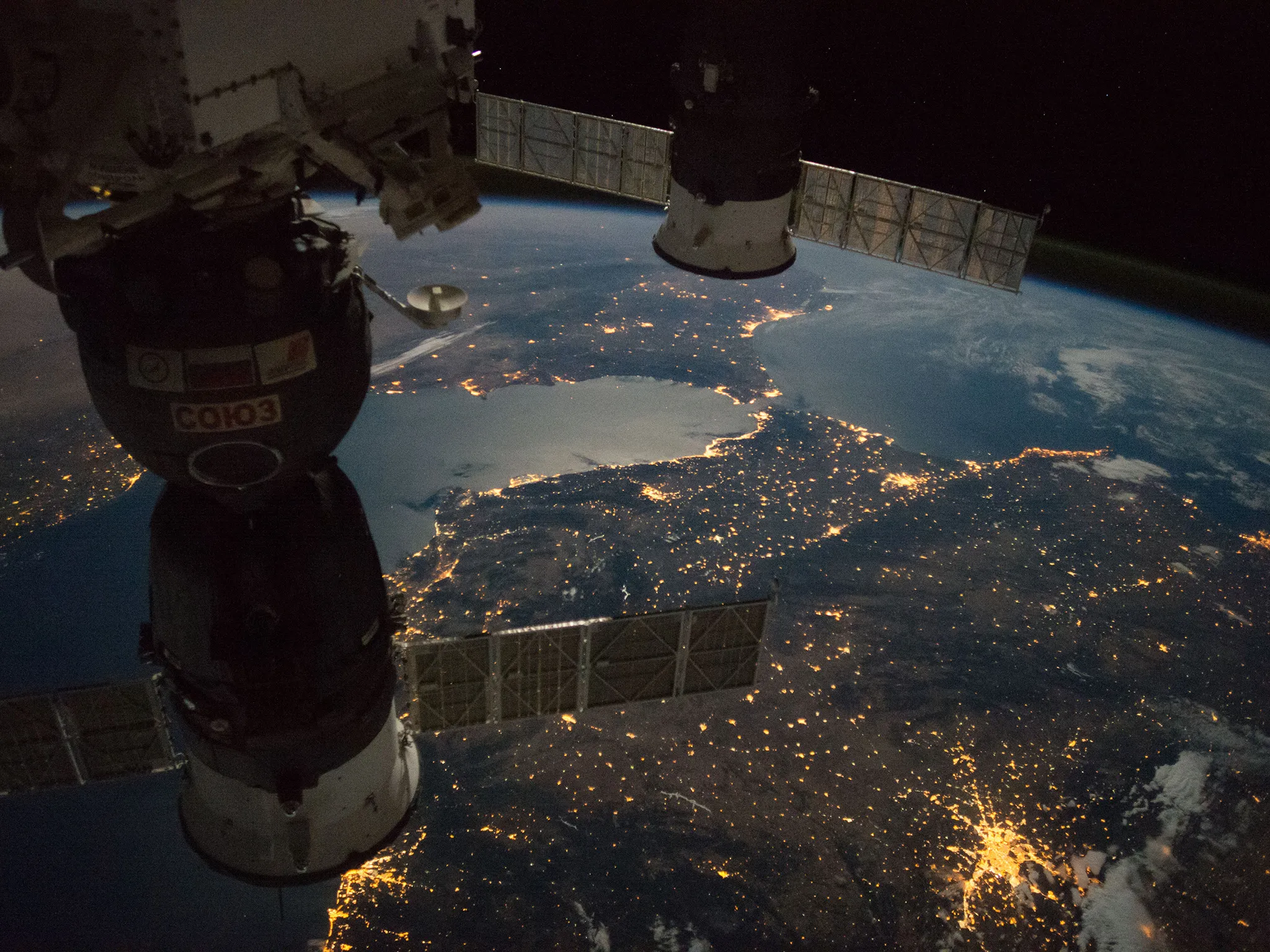Exploring New Frontiers: How Space Drives Technology, Sustainability, and Security on Earth
Space exploration drives technology, sustainability, and security on Earth. It offers unprecedented opportunities to address global challenges, expand our knowledge, and inspire future generations. By harnessing the power of space, we can unlock a brighter and more sustainable future for humanity, both here on Earth and beyond.

In the vast expanse of space, a new frontier is emerging—one that holds the key to addressing some of the most pressing challenges we face on Earth. Space exploration is not just about venturing into the unknown; it is about leveraging the power of technology, promoting sustainability, and ensuring global security. From monitoring our climate to enhancing connectivity and fostering international cooperation, the impact of space on our planet is profound.
One of the critical areas where space technology plays a vital role is in ensuring food security. By utilizing various satellites and resources, we can track short-term weather patterns and long-term climatic changes that impact crop yields and agricultural stability. Satellites act as guardians, alerting us to potential crop failures caused by factors such as droughts and environmental changes. They also help identify communities most affected by food insecurity, enabling targeted interventions and support.
Additionally, the United Nations' Sustainable Development Goals (SDGs) can be addressed using space technology. Satellites and terrestrial resources provide invaluable data for tracking food security, monitoring climate change, and assessing environmental health. This global perspective enables us to understand the changes happening on Earth and develop effective solutions.

Connectivity is another crucial aspect of space exploration. Bringing the internet to remote and underserved regions can create a global culture of equal educational opportunities. Enhanced connectivity has proven its worth during the pandemic, enabling people to stay connected even when physically isolated. Moreover, space-based communication assets can bolster economies by enabling remote work and enhancing resilience in the face of crises.
The McKinsey report highlights the need for effective space governance to maintain responsible behavior and preserve space as an arena for all. Establishing frameworks that define and enforce ownership, access, and usage rights for space property is essential. This governance should also promulgate standards that protect infrastructure, human life, and the environment. Collaboration among nations, sectors, and industries is crucial to accelerate technological development, expand participation, and promote the peaceful use of space.
Space is rapidly becoming an indispensable domain for various industries. Satellites are the backbone of modern telecommunications, enabling global connectivity through phones, satellite television, and the internet. The forecasting capabilities provided by satellites improve risk estimations in insurance, enhance transportation logistics, and optimize agricultural practices. The wealth of information obtained through space assets enhances overall business sustainability and aligns with the growing trend of globalization.
The report highlights the importance of incentivizing collaboration and fostering a self-sustaining industrial base. Governments can play a significant role in helping companies transition from nascent to self-sustaining businesses. By signaling support for the development of commercial space technologies, removing barriers to competition, and educating decision-makers about the potential of space, governments can encourage private industry maturation and stimulate economic growth.

Furthermore, space exploration promotes global cooperation and can serve as an exemplar of international collaboration. The International Space Station (ISS), a joint international project involving 14 countries, exemplifies the benefits of sharing resources and expertise. This cooperation in space often transcends geopolitical tensions, offering valuable lessons for fostering harmony on Earth.
Space technology also intersects with security and defense. Satellites provide real-time global alerts on military asset movements, contributing to arms treaty verification and transparency. In conflict zones, social media reports from the front lines highlight how space assets enable timely updates and information sharing. Furthermore, space-based communication facilitates effective communication among rescue workers and enhances public safety.
However, the growing number of satellites orbiting Earth also raises concerns about space debris and traffic management. Responsible stewardship is crucial to prevent potential collisions and the cascading effect known as the Kessler Syndrome. By establishing effective space traffic management and debris mitigation strategies, we can ensure the long-term sustainability of space activities.

The impact of space exploration extends beyond its immediate applications. Technological advancements in space have far-reaching implications for consumer products, pharmaceuticals, automotive industries, and computer services. As the cost of launching cargo into space decreases, private and public sectors are increasingly competing and collaborating to harness the potential of this frontier. The rapid growth of space technology outpaces regulatory frameworks, emphasizing the need for countries to invest in space and remain at the forefront of this transformative industry.
Space exploration is not just about venturing into the unknown; it is about preserving and protecting our home planet. It provides us with invaluable insights into Earth's climate, resources, and the potential for life elsewhere in the universe. As we embark on this cosmic journey, we must remember to prioritize the sustainability and well-being of our own planet.
.png)